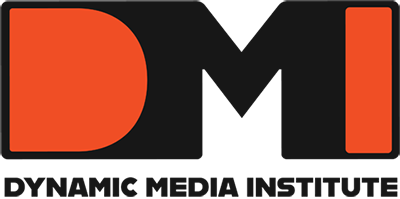Zach Kaiser, MFA ’13
thesis abstract
As a DJ, every time I play a gig or make a song, I engage in a creative learning process. By selecting which records to bring to a gig or deciding what songs to sample, DJs create databases and establish limits within which they play, illuminating connections between database entries for themselves and their audiences.
I believe that the most powerful learning experiences are, indeed, creative, in that the learner engages in an act of creation. While playing a DJ set is one example of such a learning experience, writing an engaging and thoughtful research paper is another.
As our access to information increases, no matter what we are studying, our ability to manage complexity must increase. Our rapidly changing experiences of the world, shaped like rocks by the floodwaters of data, require a new methodology for learning and meaning-making. My thesis argues that this new methodology is specifically a DJ methodology. It extends the philosophies of bricolage and constructionism by understanding that anything—ideas, events, characters or places—can be sampled and mixed in an exploratory, creative act.
The relationship between the variability and modularity of a DJ set and the database of a student’s creative inquiry forms the foundation of my studio practice. I design learning experiences, systems, and technologies in order to better understand the DJ methodology. This methodology advocates for the design of learning experiences that leverage computation to facilitate the creation of human-readable, as opposed to machine-readable, meaning. In doing so, the DJ methodology begins to serve as a platform for a critical discourse. My thesis can be read both as an explication of the different facets of the methodology as well as a guide to employing it, thus illustrating a pedagogy and a philosophy of learning.


